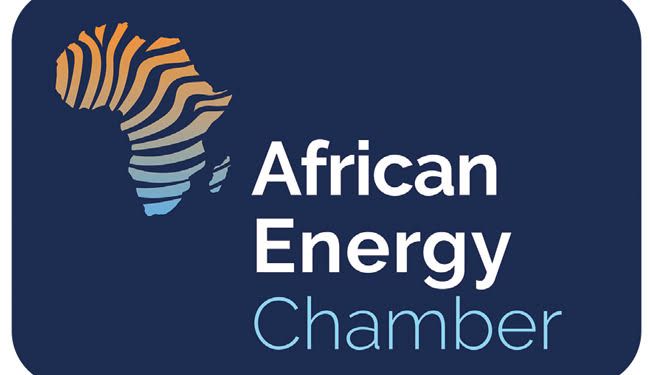
The Chairman, African Energy Chamber (AEC), N J Ayuk, has called on stake – holders to urgently support the creation of an African energy bank. t titled, “The fierce urgency of African energy banks,” Ayuk condemned the widespread campaign against African fossil fuels growth by developed countries.
He said, to prevent catastrophic climate change, environmental organisations, financial organisations, and governments across Europe and North America were insisting that developing nations, including those in Africa, must immediately transition from fossil fuel production and usage to renewable energy sources like solar, wind, and hydrogen.
According to him, “mind you, the majority of those making these demands are based in industrialised nations that were built on fossil fuels — oil and gas fueled their economic engines — yet they are unwilling to allow less developed nations to use fossil fuels to the same end. Even more troubling, the countries these groups are taking aim at have a wealth of natural resources under their feet, resources that can be monetized and used to build a better future.
“We have explained, over and over, why African countries, businesses, and communities still need support from international oil companies (IOCs), foreign governments, and investment institutions for oil and gas projects.
IOCs, for example, play an important role in knowledge sharing and helping Africans build valuable job skills. “What’s more, foreign oil and gas investments create opportunities for revenue that can be used to build and improve energy infrastructure — for both fossil fuels and renewables.
And, by supporting natural gas projects, investors create a path for gas-to-power projects that help minimize the continent’s widespread energy poverty.”
He said in July 2021, when it became apparent that reasoning was not yielding results, the chamber went so far as to “employ the same tactics the international community used against our members.
We called for boycotts against financial institutions that discriminated against the African oil and gas industry.” He, however, said the calls to stop financing African oil and gas had only grown louder and more insistent.
“Most recently, during the 2021 United Nations Climate Change Conference (COP26) in Glasgow, more than 20 countries and financial institutions pledged to stop public financing for overseas fossil fuel projects.
“Europe then decided that gas was clean for Europe so it will be financed but for Africa, gas is dirty and will receive no funding.
The United Kingdom and the European Union have also reportedly joined in the chorus of voices demanding a ban against developed nations providing subsidies for fossil fuels.
“Other expectations for this year’s conference include calls for member states to formally commit to triple their renewable energy capacity and double their energy efficiency across the board by 2030.
“The thread tying all these pledges together, with respect to our work at the AEC, is that none of them bode very well for any future success stories from the African energy economy.
“For those of us who care about Africa’s oil and gas industry, it’s time to face facts: We need to find a way to save it ourselves.
The AEC is calling upon African states and the private sector to fund the African Energy Bank, an institution which is focused on funding African energy projects.
The African Petroleum Producers Organisation (APPO) and the African Export-Import Bank (Afreximbank) have paved the way. The idea is to create funding sources for all types of African energy — from oil and gas exploration to solar and hydrogen operations — so that projects will not be dependent on foreign support.
“We can do this, and we must. Too much is at stake. We can’t afford not to capitalize on recent discoveries such as the light oil found offshore Ango – la, the oil in Namibia’s Orange Basin, the shale gas in South Africa’s Karoo Basin, or the oil and natural gas off the coast of Côte d’Ivoire.
Those are only a few of the important discoveries that occurred recently, and each represents critical opportunities for everyday Africans.
Please follow and like us:


